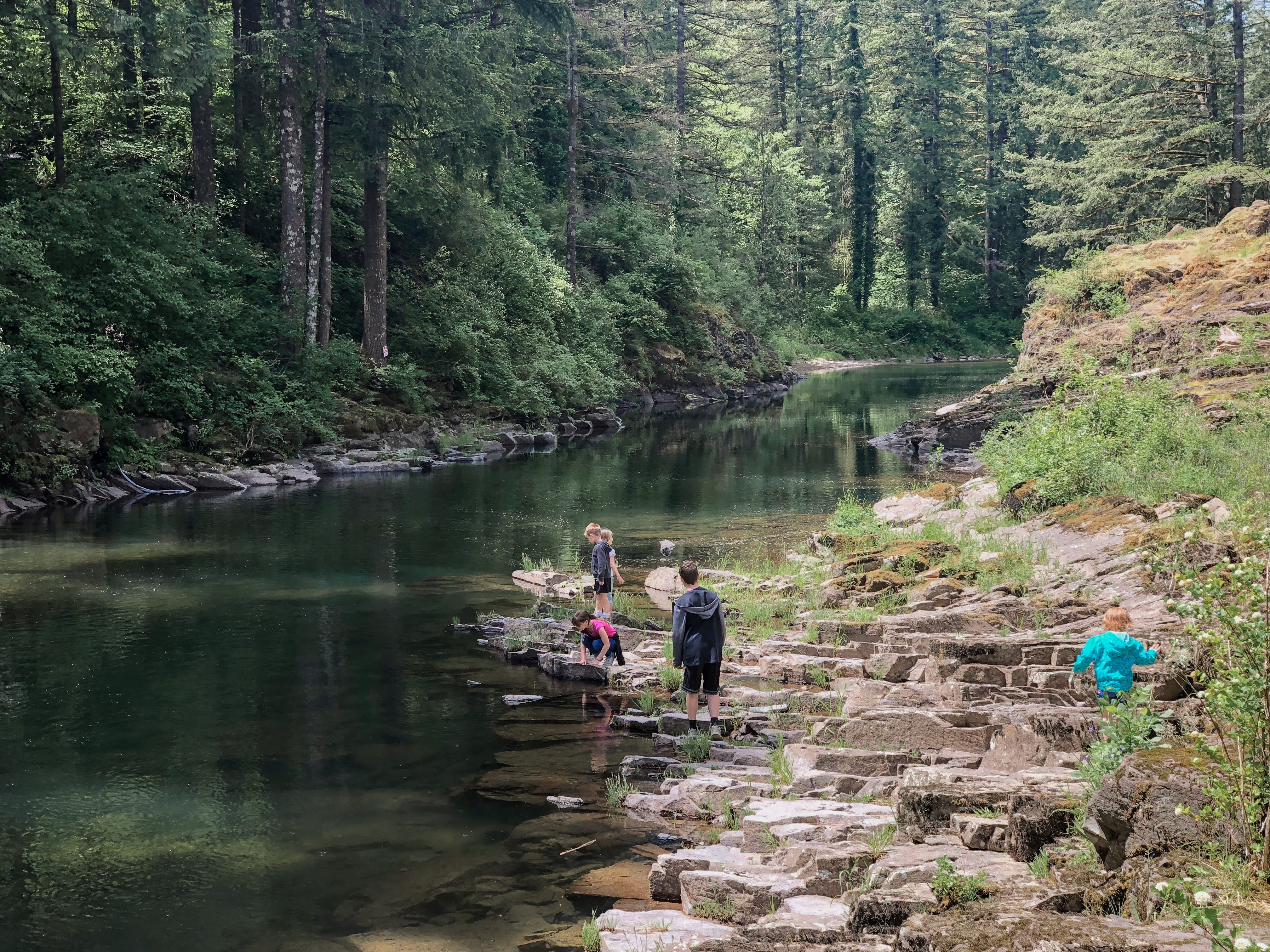It’s hard to put a value on watching your kids play in a crystal clear stream during summer, or catching a salmon, or watching a heron stalk its prey along the shore. But when advisories are posted at your favorite watering hole, that it’s closed due to algae blooms, has high fecal bacteria, or is devoid of fish, the choice is clear. You want clean water over polluted water. The connection to ensuring clean water is us and our activities. When the rain falls on our roofs, lawns, parking lots, roads and construction sites, this rain water carries with it all the stuff generated from modern living, metals, oils and other chemicals like herbicides, pesticides, and the list goes on and on. This mixes together and drains to our lakes and rivers throughout the whole year. This in turn has a real impact on the quality of water in the streams or lakes at any point in time you visit. For example, it’s been known that water runoff from the road was detrimental to fish, but a recent study from scientists of Washington State University demonstrated just how deadly to fish it really was. As more of this stuff gets into our streams and lakes, the quality of the water goes down as does the ability for us to enjoy it and animals to live in it.
Knowing that stormwater has a real impact to stream quality the Clean Water Act (via the NPDES permit system, also known as the stormwater permit) requires that the State, County, or City to monitor the health of our streams and lakes that receive stormwater. Clark County has a monitoring program, and reports its findings annually and submits reports for the public periodically. Additionally, stormwater treatment facilities are required to be installed when new or redevelopment occurs and are to be regularly inspected and maintained.
Ok you say, but what can you do to help ensure clean water?
1st You can reduce the amount of pollution you contribute, like picking up litter including pet waste, or getting the leaks on your car fixed via the Don’t Drip and Drive campaign.





